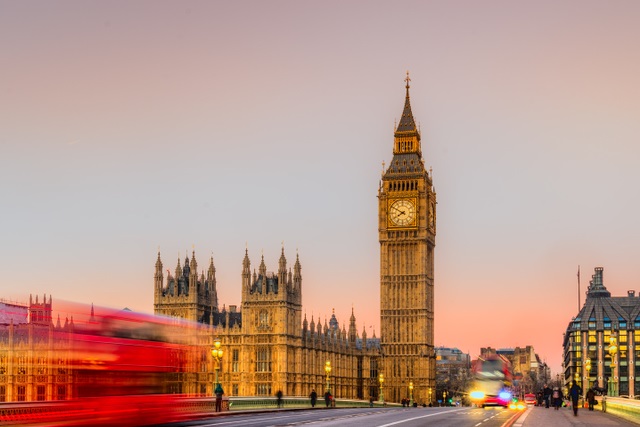Privacy: Judges say the UK's Snooper's Charter is illegal

Judges have ruled that the UK government's digital surveillance program -- known variously as the Snooper's Charter and the Investigatory Powers Act -- is illegal.
In the case brought by human rights group Liberty, appeal judges found that the preceding Data Retention and Investigatory Powers Act 2014 (DRIPA) -- which ultimately became the Snooper's Charter -- failed to offer adequate protection to people's data. Of particular concern was the fact that private data could be shared between different agencies without sufficient oversight.
See also:
- Privacy: UK government to tweak Snooper's Charter after conceding it is illegal in its current form
- Ahead of GDPR laws, Facebook publishes privacy principles and promises to educate users
- Privacy: WhatsApp's group messages might not be as secure as you think
Three judges looking at the case brought by Liberty on behalf of MP Tom Watson said that DRIPA's lack of safeguards meant that it was "inconsistent with EU law." Watson welcomed the ruling, saying: "This legislation was flawed from the start. It was rushed through parliament just before recess without proper parliamentary scrutiny."
"The government must now bring forward changes to the Investigatory Powers Act to ensure that hundreds of thousands of people, many of whom are innocent victims or witnesses to crime, are protected by a system of independent approval for access to communications data. I'm proud to have played my part in safeguarding citizens' fundamental rights."
Commenting on the case, Lee Munson, a security researcher at Comparitech.com, said:
The Appeal court ruling on the Investigatory Powers Act 2016 is extremely good news for every law-abiding and privacy-conscious citizen in the UK. The common-sense approach taken by the judges will ensure that the most contentious part of the "snooper's charter" -- the carte blanche ability to collect data with neither a warrant nor oversight -- will have to be swiftly removed.
While no-one in their right mind would argue against surveillance of legitimate terrorist and criminal targets, this Act went way too far in casting a dragnet over ordinary citizens while failing to address the fact that the bad guys are actually quite adept at using technology, such as encryption, that the Bill simply cannot legislate against.
Talking of which, it will be interesting to see how a rewrite of the Investigatory Powers Act affects the government's views on technology and its obsession with backdoors, not to mention its lack of understanding of either.
Liberty says that the ruling shows, once again, that the UK government's mass surveillance program is unlawful. Group director Martha Spurrier said: "This judgment tells ministers in crystal clear terms that they are breaching the public's human rights."
The government has not yet indicated how it intends to respond to the ruling.
Image credit: Luciano Mortula - LGM / Shutterstock
